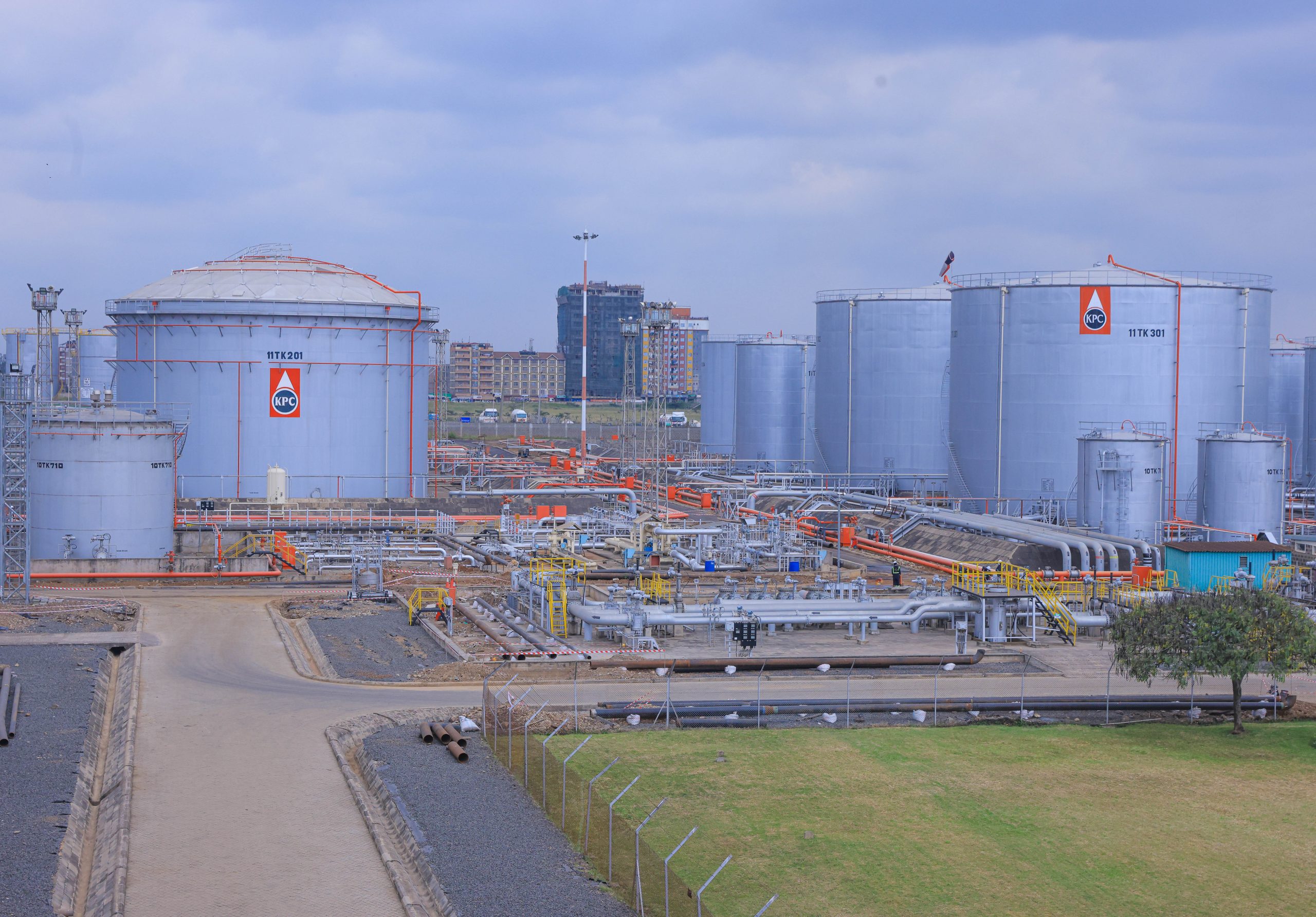

The government is staring at a sharp decline in foreign aid inflows, which is fueling the renewed urgency to reform, merge or offload loss-making state corporations, the Parliamentary Budget Office (PBO) now says.
According to the PBO's latest report, Kenya’s Official Development Assistance (ODA) is projected to fall from Sh278 billion in the 2024-25 financial year to Sh258.4 billion in 2025-26, a nearly Sh20 billion drop.
The report warns that poor project coordination and low absorption rates are undermining donor confidence and delaying development outcomes, calling for stronger legislative oversight and tighter accountability mechanisms.
At the centre of the dwindling external funding, is the state’s growing fiscal drain from parastatals has come under sharper scrutiny.
The PBO notes that state corporations consume 17 per cent of total revenue but contribute just 3.5 per cent to GDP — a mismatch that has intensified calls for structural reforms.
“Due to the challenges facing state corporations, the government developed a State Corporations Reform Strategy intending to streamline government operations, reduce wastage and curbing excesses,” said the Parliament’s fiscal advisor.
“The strategy seeks to address operational and financial inefficiencies in state corporations, enhance their service delivery, improve fiscal sustainability, and reduce their reliance on the Exchequer.”
The reforms targeted merging 42 state corporations into 20 entities, dissolving nine corporations, restructuring six, divesting or dissolving 16 corporations with outdated functions, declassify four public funds and declassifying all 13 professional organisations categorised as state corporations.
Unlike the 2024 analysis which focused on wage pressures, PBO 2025 report frames institutional restructuring as central to restoring fiscal discipline and efficiency.
The think tank says government is expected to fast-track mergers, dissolutions and partial divestitures of underperforming state-owned enterprises as a “rationalisation drive” aimed at freeing up fiscal space and attracting private investment.
The government is pushing to list Kenya Pipeline Corporation before April next year with 33 institutions with a combined allocation of Sh118.5 billion also set to be merged under the plan.
Another eight institutions with a combined budgetary allocation of 1.6 billion are set to be dissolved and transferred to different state ministries.
A further 14 institutions with a combined allocation of Sh3.1 billion are proposed for divesture either through winding up or privatisation.
However, even as the government presses ahead with plans to merge and streamline state corporations to cut costs, the PBO maintains that the reforms could face significant operational and political risks if not carefully managed.
The think-tank cautions that while the proposed mergers promise major fiscal savings and improved service delivery, they also threaten to trigger internal resistance, job losses and service disruptions across key sectors.
According to the report, institutional resistance remains one of the biggest hurdles, with affected agencies likely to fear loss of autonomy, relevance or employment.
This could slow down implementation and undermine morale among staff expected to drive the reforms.
The restructuring process is also expected to make some positions redundant—particularly within senior management and administrative departments—a move that could provoke legal disputes and political backlash if not handled transparently and fairly.
“Although the proposed mergers promise significant fiscal and operational benefits, they carry a number of potential risks that must be carefully managed. Particularly, in top management and support services, may lead to legal and political challenges if not handled transparently and fairly,” PBO warns.
There are also concerns that essential public services could be disrupted in sectors where continuity is vital, such as education financing, agriculture and research. The PBO notes that mergers in such areas must be executed with care to avoid compromising service delivery to citizens.
Legal and regulatory challenges pose another risk. Many parastatals are established under individual Acts of Parliament, meaning that any consolidation effort would require amendments to those laws and careful alignment of mandates—a process that could delay or even derail the reforms.
Additionally, experts warn that the loss of specialised expertise could weaken institutional capacity if technical functions are diluted or key professionals exit prematurely due to uncertainty.











![[PHOTOS] Bare foot, limping suspect behind cop killing](/_next/image?url=https%3A%2F%2Fcdn.radioafrica.digital%2Fimage%2F2025%2F10%2Fb6045091-9561-438e-93f0-c0ed34019d54.jpg&w=3840&q=100)

